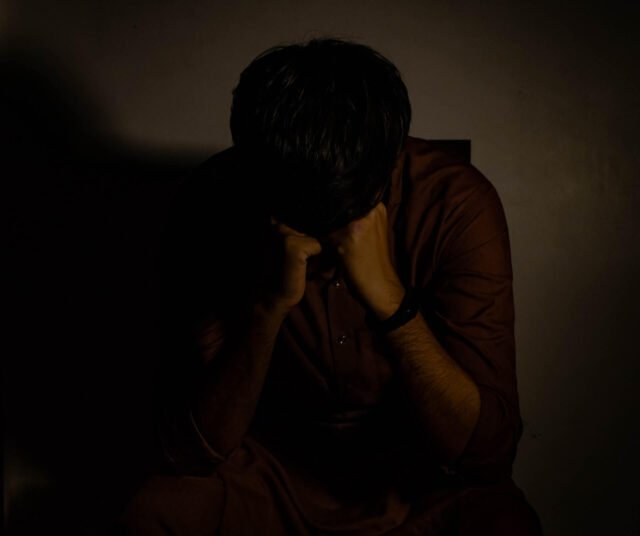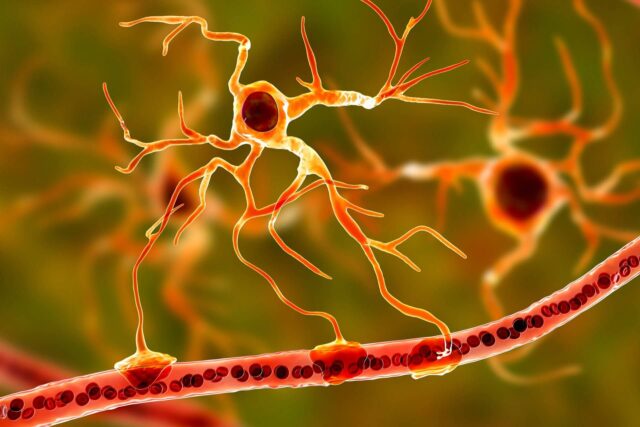Depression is a mental health disorder that feels like a ghost disease – invisible but devastating, and yet, often waved off dismissively. It’s a disorder that affects millions every year.
To give you the numbers, one in four people suffer from a depressive episode at least once in their lifetime. Even though these numbers and facts have always been there, we have only begun understanding its biology.

According to a survey conducted by GOQii, the percentage of Indian adults with symptoms of anxiety, depression or any other mental health disorder rose to 43% in July and has been increasing ever since.
Depression, anxiety, and other mood disorders should be considered in a pandemic-level crisis to lighten the toll of these illnesses, all the more so amidst this pandemic.
Crisis Is Not To Exaggeration Of A Word
According to the World Health Organization report, depression is the leading contributor to long-term global disability and productivity, and only about a third of those diagnosed with depression get treatment at all.
While a third of those who do get help find their depression don’t respond to treatment. Not to mention, the process of finding effective remedies for depression can be so challenging that just the thought of going through that cycle of trial and error is unbearable for some patients.

William Styron, an American author, wrote about how being ingrained that there’s no remedy (for depression or any mental health disorder) makes the illness all the more intolerable. He said, “It is hopelessness even more than the pain that crushes the soul”.
Having battled depression himself, his statement reflects his intimate understanding of the profound despair and anguish that accompany such conditions. Styron’s candid exploration of the pervasive hopelessness associated with depression is rooted in his own struggles and serves as a testament to the profound impact of mental health challenges on the human psyche.
Read more: As Someone Who Grew Up With A Mentally-Ill Person, Here’s Why I Think Mental Health Is Important
How Can We Fight Depression The Way We Do With Cancer Or The Novel Coronavirus
In April 2021, a team at the Indiana University School of Medicine found a method of new blood test that can reveal how severe a patient’s depression is, maybe, the risk of developing severe depression, and of future bipolar disorder.
Another research by the Department of Psychiatry at McGill University, Montreal, found evidence that a decrease in star-shaped brain cells called astrocytes is linked to major depression.
According to their research, a single cell can interact with about 2 million synapses at a time. And that a reduction in astrocytes in the brain regions may result in adverse effects because those areas are responsible for important functioning of decision-making and emotional regulation.

Surely, researches such as these can provide us with a better understanding and mechanisms of depression in ways that allow us to see what we’re fighting against. However, it’ll be all for naught if we don’t shed the old stigmas, myths, and self-blame that have clung to this disease for too long.
After all, only because we had a picture of the coronavirus in our heads with its red spikes, the fact we could get a test for it and that’s its not a heavenly apocalypse but rather a virus, that in record time, we had a vaccine for it.
Similarly, there’s a whole universe within us, unique to each that we need to explore. And research like the discovery of the link between astrocytes and depression is a step towards exploring its secrets and faith in the knowledge to healing.
Image credits: Google images, Unsplash
Sources: TIME Magazine, Times Of India, National Center for Biotechnology Information
Find the blogger at @sejalsejals38
This post is tagged under: Major, depression pandemic, depressive disorder, Depression, mental health disorder, Anxiety disorder, feelings, therapy, Sushant Singh Rajput, Can depression be cured, What is depression, Sushant Singh Rajput depression, Sushant Singh Rajput case, SSR Case, Psychological stress, disease, serotonin, mental health, insomnia, Sandeep Maheshwari, World Health Organization report, William Styron, Indiana University School of Medicine, Department of Psychiatry at McGill University, Montreal, astrocytes
Other recommendations:
Watch: Five Movies That Increase Awareness About Mental Health And Illness
































